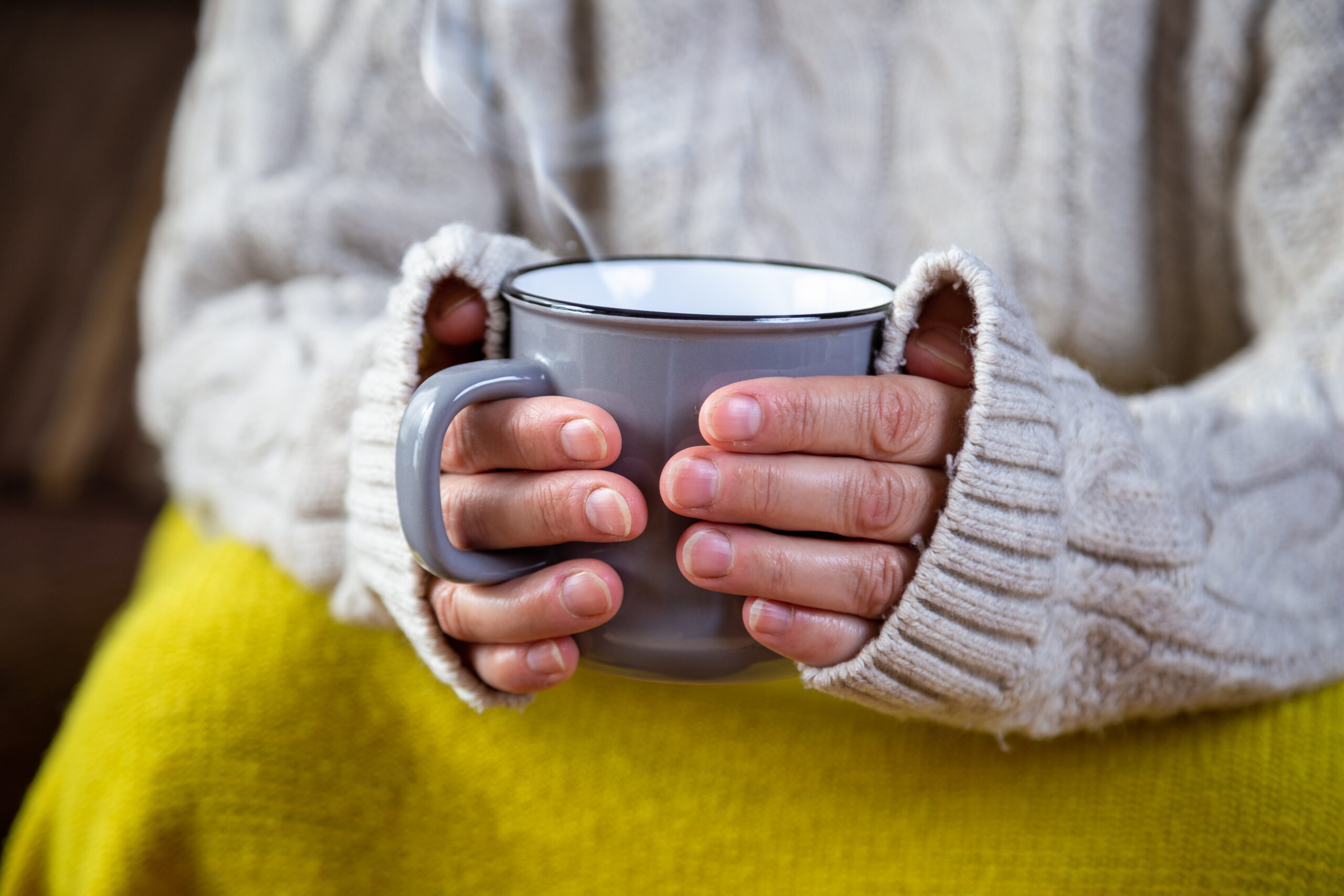Of all the things going on in our bodies as women, our bones are something that are easy to overlook. Until, that is, something happens that forces us to pay attention to them; something like a break or a fracture. Shocking fact: it’s estimated this is going to happened to one in three women over 50.
We can nourish our bones with how and what we eat. And there are a few pieces to this puzzle.
We probably know about calcium for bone health. This mineral is essential – and we need to keep our intake up, the older we get. We also need vitamins D and K. Dairy products are the all-stars here, if your body tolerates them: milk, yoghurt and cheese are a really efficient way to get calcium in particular.
If dairy is not your thing, there are other ways to get what our bones need – but you’ll need to put some focus on this. Try stacking up your diet with a combination of these foods:

Fortified Foods
There are plenty of plant-based milks, cereals and other foods that have calcium and vitamin D added, and these can be really useful substitutes for dairy foods.

Nuts and Seeds
Are a good source of calcium; especially almonds, which have about 100 milligrams in ¼ cup.

Beans and Legumes
Have small but useful amounts of calcium. A bonus, on top of their other great features.

Tofu and Tempeh
Are useful sources of calcium on top of the protein they contain.

Sardines
Are a bit unfashionable, but they’re tasty. And they have some pretty useful calcium, vitamin D and omega-3. So do other canned fish where you eat the bones. If you eat fish, add these into your week.

Leafy Greens
Spinach, kale, silverbeet, bok choy, etc. Contain calcium, magnesium and vitamin K, which helps with calcium absorption.

Salmon
And other oily fish are sources of vitamin D and omega-3 fatty acids, which help enhance calcium absorption and support bone health.
Protein
Another important nutrient is protein. It’s crucial for building muscle and bone, and as we get older, we become a bit less efficient at using the protein we’re eating. Again, for women this is accelerated by that hormonal change. So, we might need to consume a bit more protein than we’re used to, to give ourselves the best chance of making the most of it. Current advice suggests aiming for around 1.6 grams of protein per kilo of body weight – or more – is a good goal.
In recent research, it’s been found that higher protein intakes are useful for bone health, especially as we age, since keeping our bones strong and dense is highly dependent on also maintaining our muscle, which is in turn dependent on getting enough protein. It has been suggested by researchers that protein is ‘as essential as calcium and vitamin D for bone health and osteoporosis prevention’. And higher-protein diets are associated with greater bone mass and fewer fractures, as long as calcium intake is adequate. So perhaps making sure that some of your protein is coming from dairy is a good idea.

Should I Take A Supplement?
It’s tempting to look at supplements as a shortcut to getting what our bones need. Dietitian Conrad Goodhew says that while calcium and vitamin D supplements, in particular, have a place, “I wouldn’t just take them willy-nilly.”
Goodhew says this could have unintended consequences.
“With high-dose calcium, you can actually prevent the absorption of iron or other nutrients. So, there could be potential negatives.”
If you have signs of osteoporosis or if you have a family history of osteoporosis, talking to your GP about how to manage that properly should be your first step. Seeking the advice of a nutrition professional could also be a good investment.
Click here to read more about protecting your bones and joints as you age.







